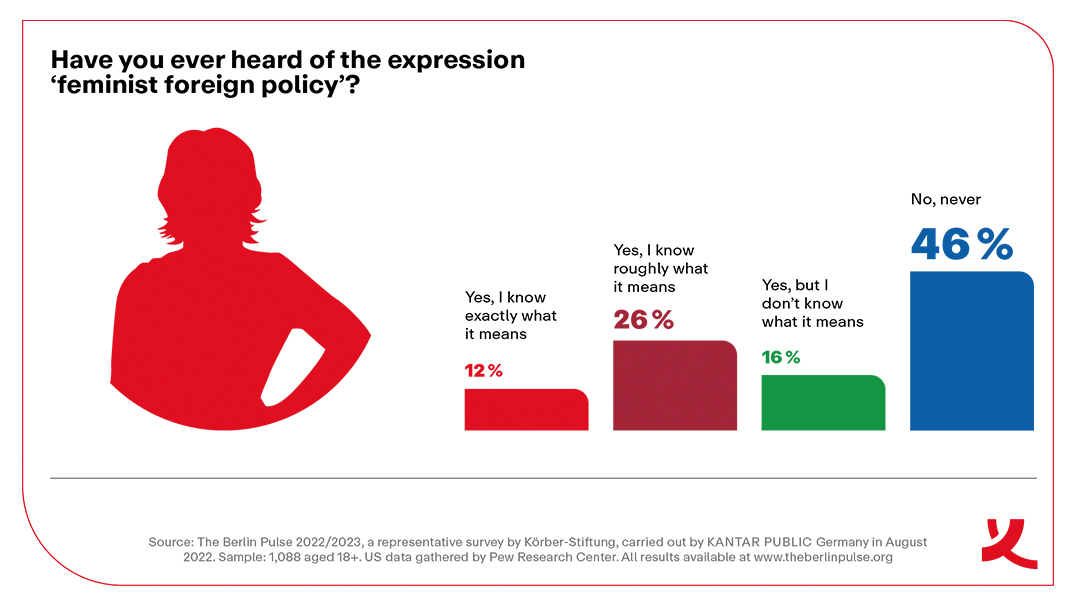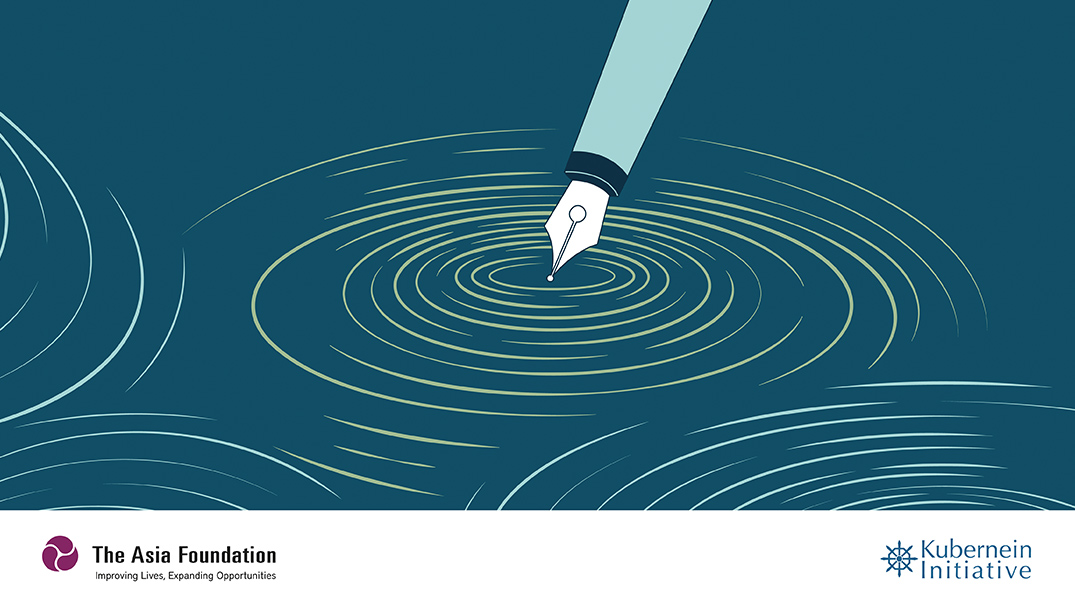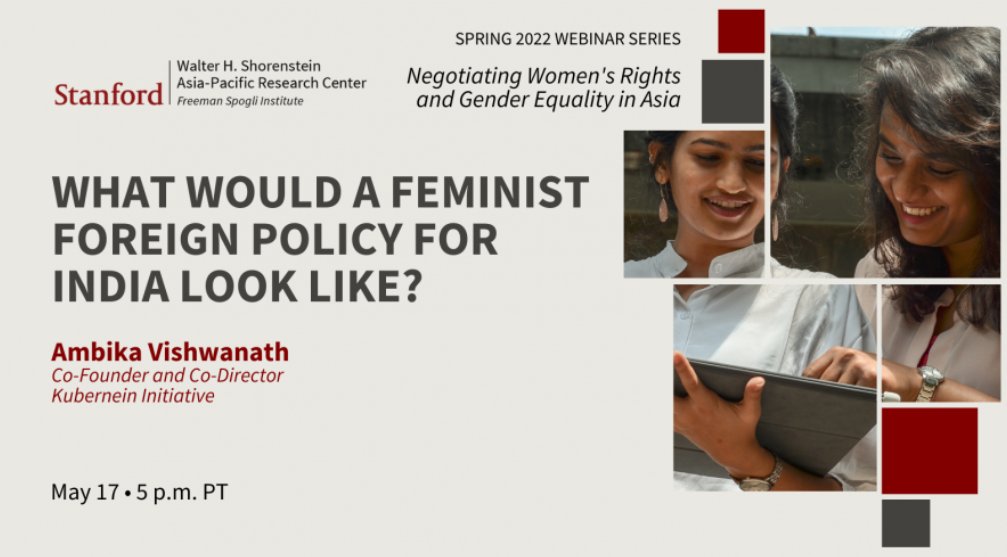Current systems of decision making must change, there is no question about that. As we emerge from the COVID-19 pandemic, and Europe continues to grapple with the war in Ukraine, prevalent uncertainties often allow governments to fall back upon age-old methods that no longer serve for the world we currently live in.
A feminist foreign policy (FFP) that places human security at the very core of all decision making thus offers a new perspective as well as a framework to look at current crises, a fractured global world order, and outdated governance systems. This approach can help to understand how such existing systems can change and where a wider set of perspectives can lead to new ideas and ways of implementation of traditional and emerging security concerns.
The FFP conversation is gaining momentum and greater traction globally, with eleven countries either adopting a FFP framework or working on one. Germany is one of those countries, currently going through a process of defining what its FFP will mean in a world in a perpetual state of crisis. Tracking the global conversation on a feminist foreign policy from India, it seems that Germany’s future framework has the potential to take the current conversation to the next stage by making it more inclusive and learning from previous experiences in Sweden and France.
Not only for Germany, but for every country embarking on this path of a feminist foreign policy, it is important to ensure that a value-oriented system is truly inclusive and thus transformative for their local context. As countries – be it India, Australia, or Chile – question what this approach could mean for them, they look at Germany to understand what a new form of foreign policy could look like.
Every dialogue can include a gender or wider human security lens, but the crucial question is how to ensure that existing governance and decision-making systems are not perpetuated. We believe that any framework emerging from Germany needs to ensure three aspects: First, to keep environmental security at the core, along with a space for greater dialogue on emerging areas of security, including water and food security that challenge traditional norms. Second, and in addition to these thematic aspects, geographic concerns – relevant for example in the Indo-Pacific – must get greater attention. Third, the emerging framework must also confront and question colonial and racist power structures.
If the German approach aims to be truly transformational in the long-run, implementation efforts must actively acknowledge and integrate the nuances of partner countries, such as India. If a feminist foreign policy is meant to break the decades-old methods of governance and global power structures and offer new systems that do not emerge from a small group of countries, it must include a diverse set of global voices right from the beginning.
As Germany struggles with internal division and debates the framework of its FFP, it can build on this experience and rethink its own priorities to integrate diverse participation at all levels. This also gives partners like India the links to build on its own extensive gender work in foreign policy and create its own feminist foreign policy approach.
FFP pioneers such as Sweden and Canada initiated a movement several years ago that is inevitable now. Some of these FFP forerunners are currently changing approaches, refining perspectives and bringing in a more nuanced view to make implementation more transparent and inclusive, from the local to the global scale. Germany must use the opportunity to ensure that evolving concepts of a more feminist or inclusive foreign policy that are relevant to new and old partners are brought into consideration while creating its own framework. It is time to fundamentally reimagine and expand traditional notions of foreign and security policy, from conception to implementation.
 Ambika Vishwanath is founder and director of the Kubernein Initiative Photo: Foto: MSC, Kuhlmann
Ambika Vishwanath is founder and director of the Kubernein Initiative Photo: Foto: MSC, Kuhlmann
This article was originally published on Koerber-Stiftung De, The Berlin Pulse in November 2022



